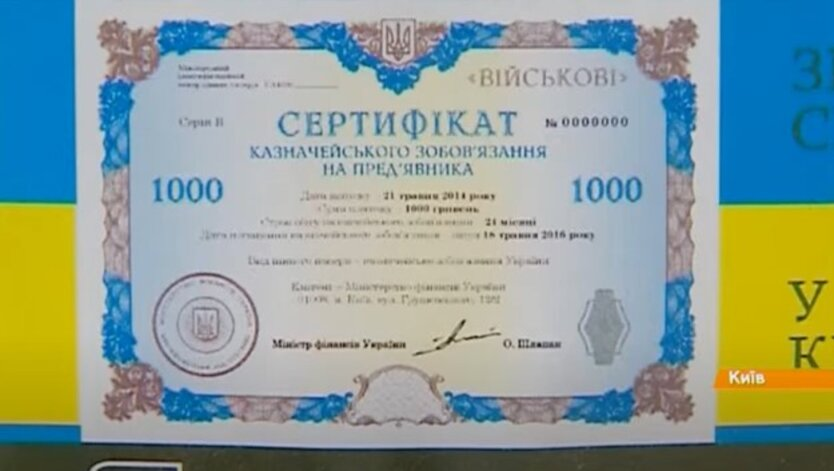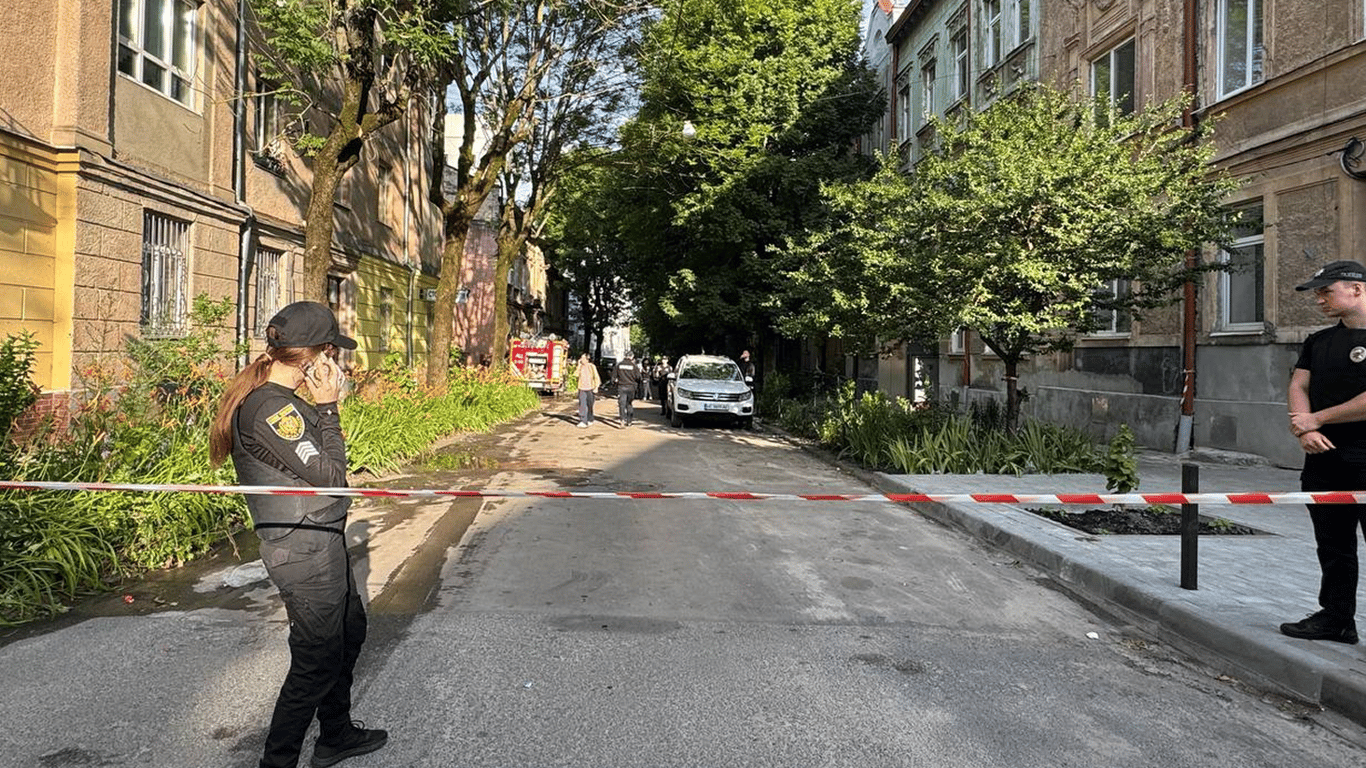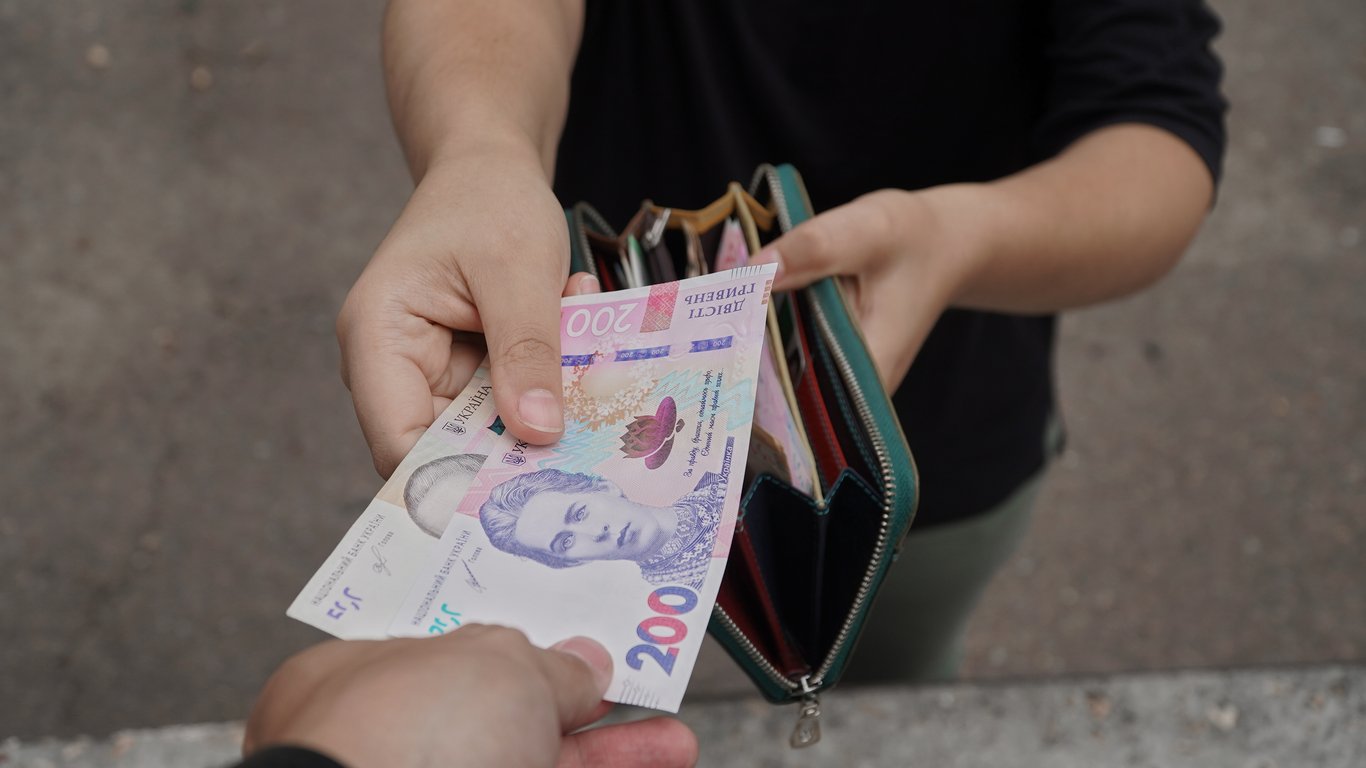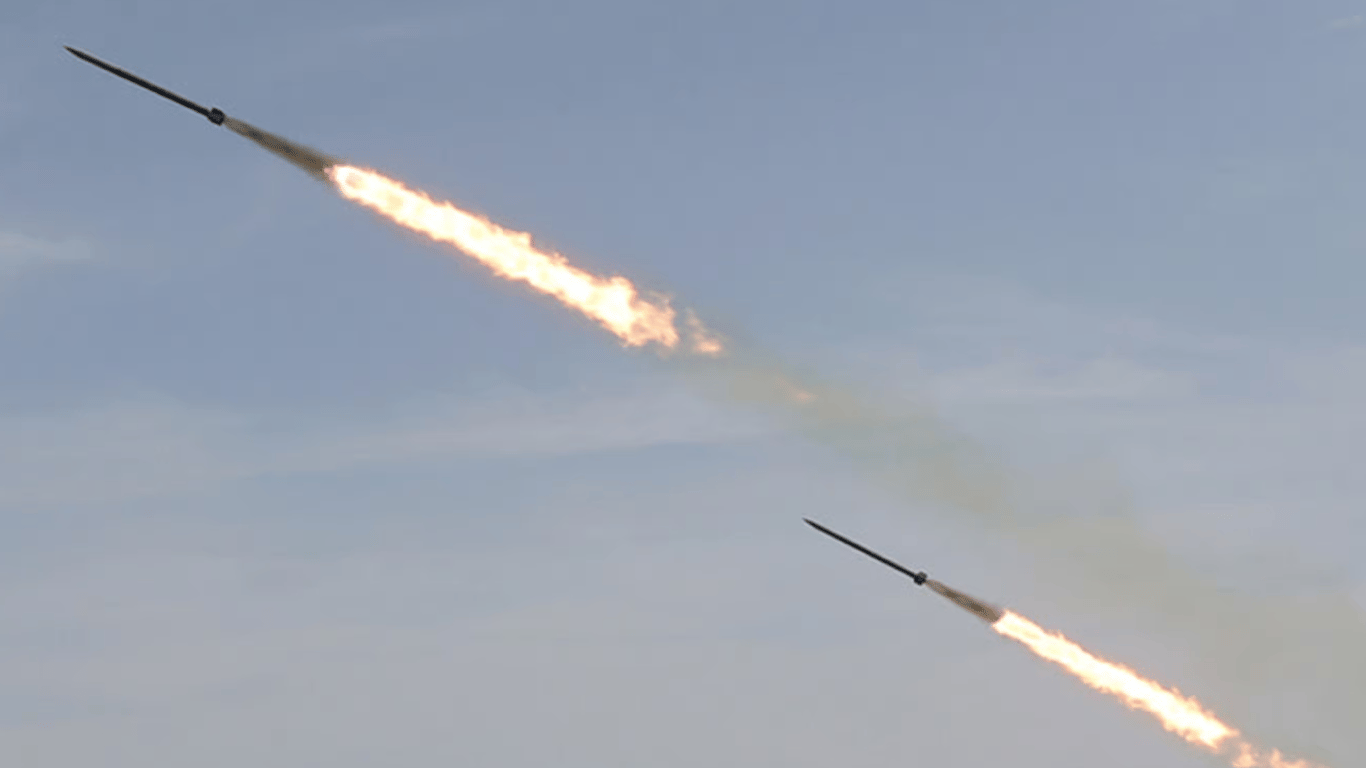Minfin raised over 29 billion UAH from the sale of government bonds in August.


In August 2024, the Ministry of Finance of Ukraine raised 29.1 billion UAH from the issuance of government bonds. One of the largest sources of budget financing are government bonds, which receive financial support from the EU. The funds raised through government bonds are used to meet the financial needs of the state, particularly for the security and defense sector.
In August 2024, military bonds worth 6 billion UAH were issued, they constitute a share of the total volume of government bonds for this period.
Currently, government bonds amounting to more than 1.68 trillion UAH are in circulation. The largest share is held by commercial banks (43.7%) and the NBU (40.3%). The share of legal entities and individuals is 10.3% and 4% respectively. Non-residents hold a share of 1.6%, and local communities - 0.04%.
"The trend towards increasing demand among citizens continues to grow. In August, Ukrainians held government bonds amounting to 63.7 billion UAH, by early September this amount increased to 67.5 billion UAH. The average yield of government bonds in UAH was 16.15% in August. The refinancing rate for January-August 2024 is 146%. For comparison, in the first 8 months of 2023, this figure was 133% for all currencies," the Ministry of Finance reported.
In total, for January-August 2024, through the placement of government bonds at auctions, the Ministry of Finance of Ukraine raised 318.4 billion UAH in equivalent. In particular, under martial law, more than 1.1 trillion UAH in equivalent was raised.
Read also
- Consequences of the Shelling of Lviv – Kozytskyi Informed About New Details
- The TCK is accused of the death of a Hungarian citizen - comment from the Land Forces
- Internally Displaced Persons have updated pension acquisition rules - what has changed
- The route of drones and missiles last night - a map was shown online
- Strike on Bukovina — due to the attack by the Russian Federation, there are casualties and injuries
- Russia dealt over 500 strikes on Zaporizhzhia in a day - casualties reported









